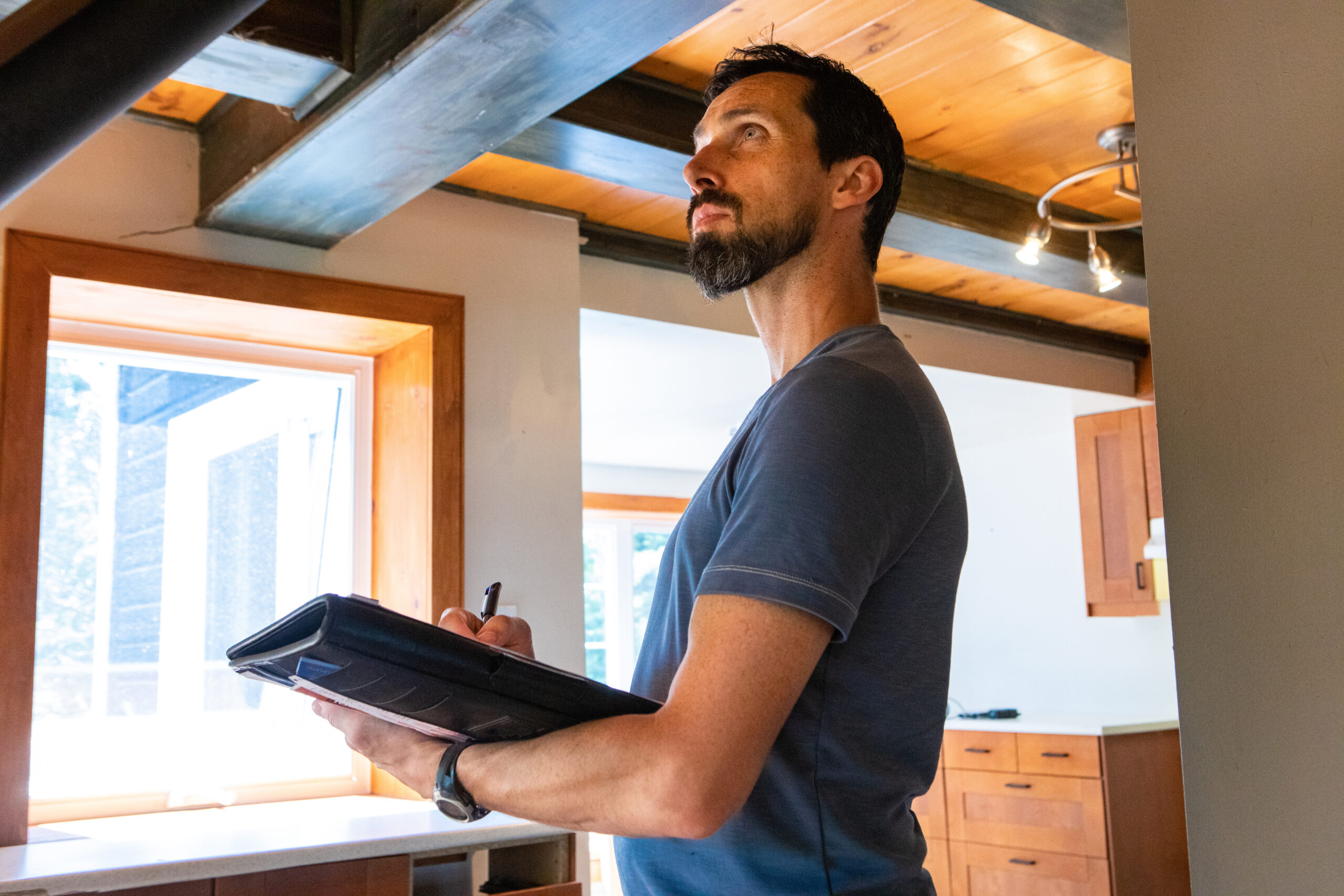Home Inspection Tips for Buyers

Buying a home is one of the most exciting—and nerve-wracking—milestones you’ll experience. While touring homes, it’s easy to fall in love with the kitchen or the backyard, but it’s just as important to pay attention to what you can’t see. A professional home inspection is your chance to get a clearer picture of the home’s condition before closing the deal.
Here are some key home inspection tips every buyer should know:
1. Always Get a Home Inspection
Even if the home looks perfect on the surface, hidden issues can cost you thousands down the line. A home inspection provides peace of mind and can give you leverage during negotiations.
2. Hire a Qualified, Trusted Inspector
Do your research. Ask your real estate agent for recommendations, or look for inspectors who are certified by professional organizations like the American Society of Home Inspectors (ASHI) or the International Association of Certified Home Inspectors (InterNACHI).
3. Be Present During the Inspection
If possible, attend the inspection. It’s a great opportunity to see things firsthand, ask questions, and get maintenance tips for the future.
4. Ask for Repairs or Credits
If the inspection uncovers significant issues, you can request the seller to make repairs or offer a credit toward closing costs. Your real estate agent can help guide these negotiations.
5. Know What the Home Inspection Includes
Be aware of what is and is not included in the home inspection. Depending on the location and type of home, you might want specialized inspections—for mold, pests, radon, sewer lines, or chimneys. These can uncover issues a general home inspection might miss.
6. Plan for Future Maintenance
Use the inspection as a roadmap for future maintenance. Even if everything looks good now, knowing the age and condition of your systems can help you budget for repairs and replacements down the road.
Final Thoughts
A home inspection isn’t just a formality—it’s a smart step in protecting your investment. Take it seriously, ask questions, and use the information to make a confident, informed decision about your new home.




